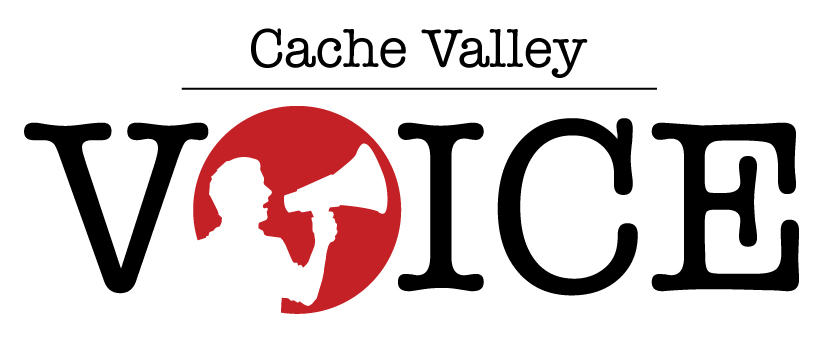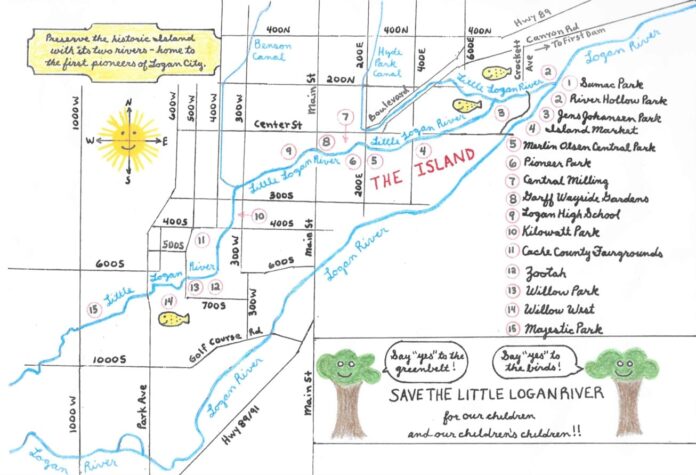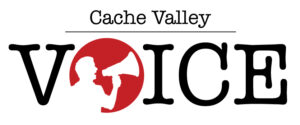(JOURNALIST NOTE: The Voice does not endorse any particular candidate. Alanna Nafziger is the only candidate who voluntarily submitted a piece.)
Videography by Dennis Hinkamp; Script by Alanna Nafziger; Produced by the Communications and Alert Network (CAN) group of Our Community and facilitated by Anne Shifrer.
“Time turns us all into conservationists,” the philosopher Erich Hatala Matthes observes in his pithily titled What to Save and Why. “If we want to save the things we cherish from time’s ravages, then we need to preserve them, conserve them.” Even the most fervent Marie Kondo devotees might choose to hold on to some trinkets in hopes of sparking joy in future generations. Similarly, we expect that institutions — from museums and libraries to the National Park Service and local land trusts — will protect what is most important to us and our communities over time.
The second Trump administration, however, has obliterated any illusion that these institutions are themselves protected. Mass layoffs have hobbled the federal agencies charged with protecting land, wildlife, air, and water; executive orders have threatened to weaken the Endangered Species Act, dismantle the federal agency that funds museums and libraries, and “remove improper ideology” from Smithsonian Institution properties. The administration has also suspended major grants and cut funding from both public and private universities, threatening the livelihoods of many who practice conservation for a living.
… What should we save; why, from what, and how should we save it; and, finally, who should save it, and for whom?”
From “Saving Graces” by Michelle Nijhuis. In The New York Review, July 24, 2025
These are questions that we invite our readers to ponder as we lose histories, museums, and libraries, as public lands and natural places become endangered — and as we contemplate piping our rivers.
(JOURNALIST NOTE: The Voice does not endorse any particular candidate. Alanna Nafziger is the only person who voluntarily submitted a piece.)


